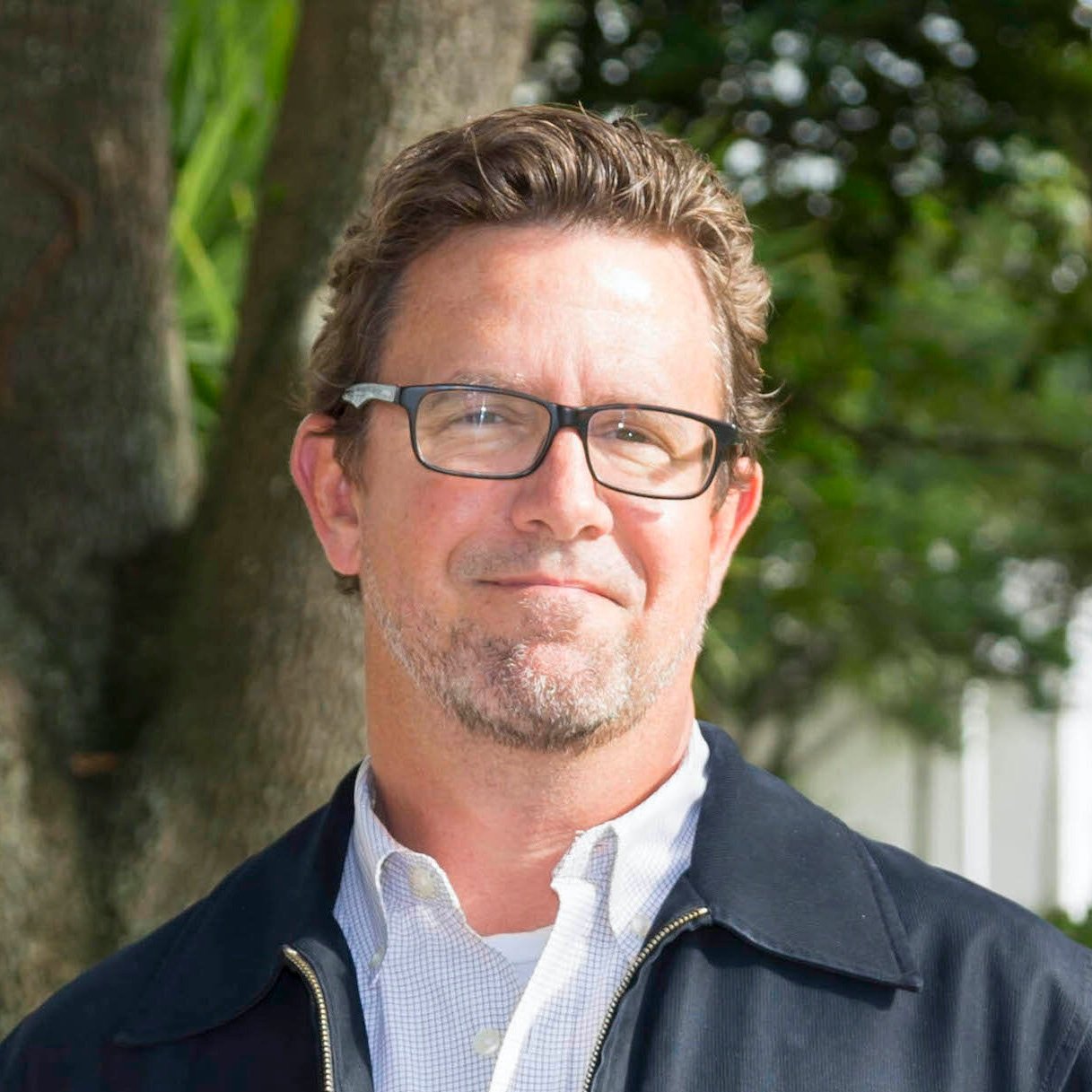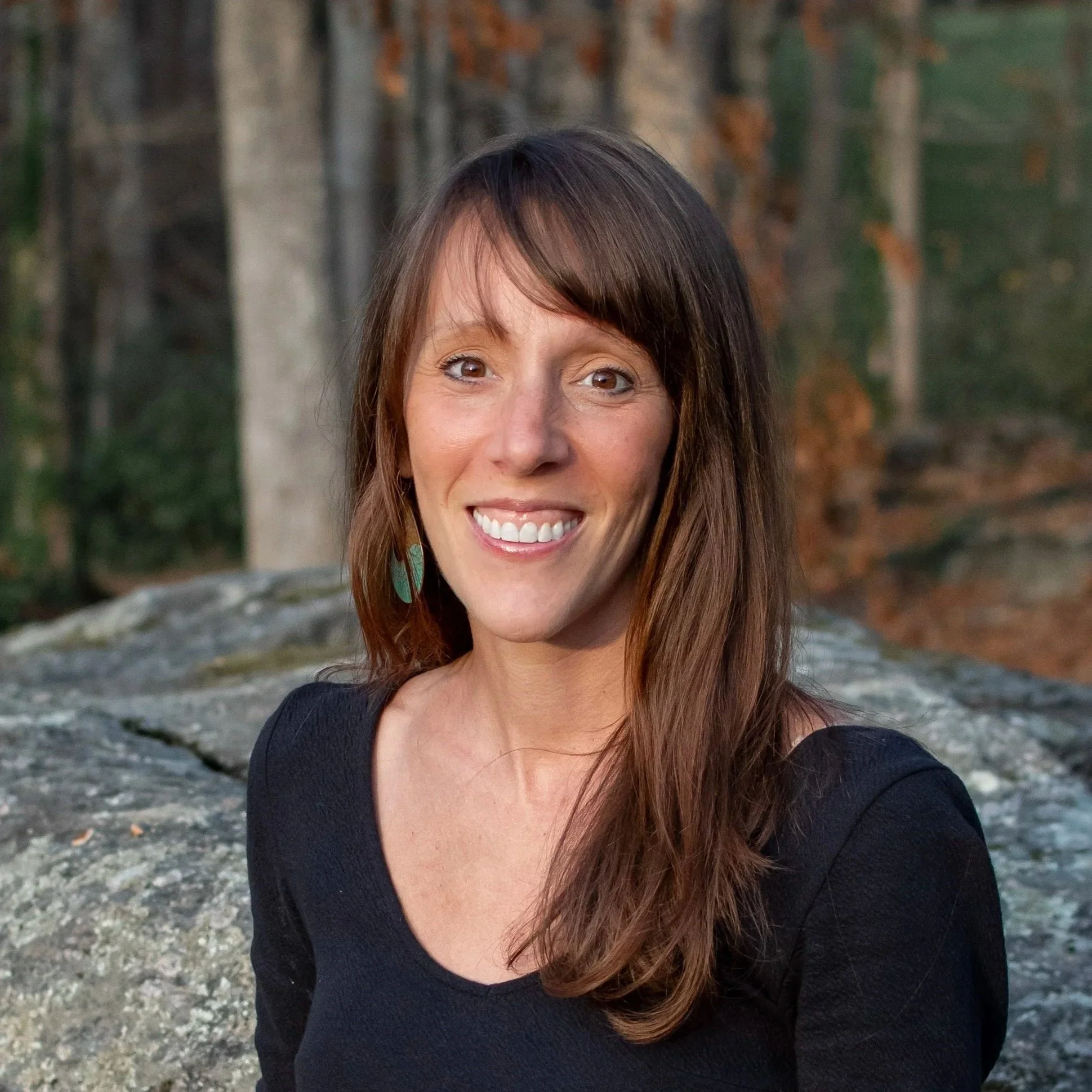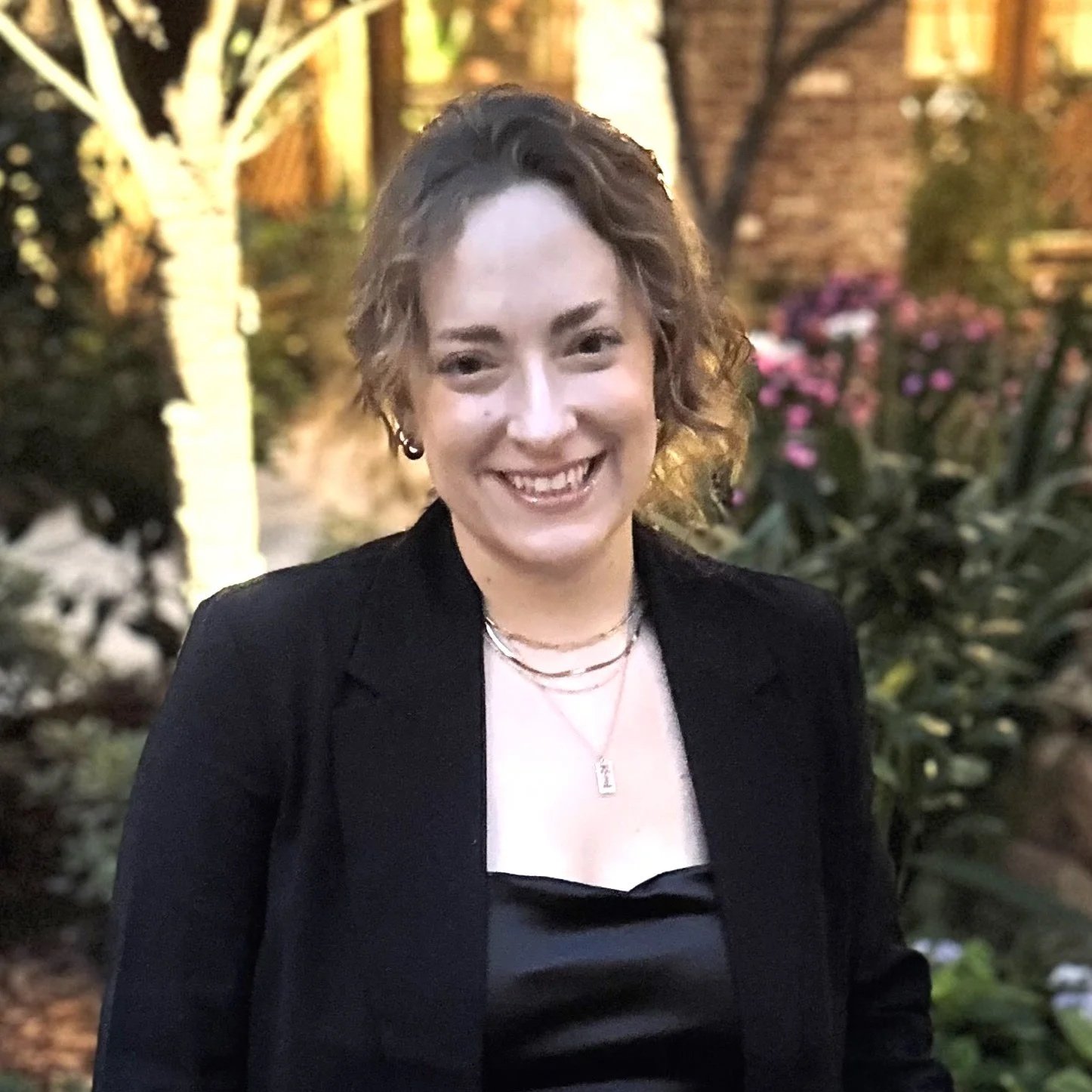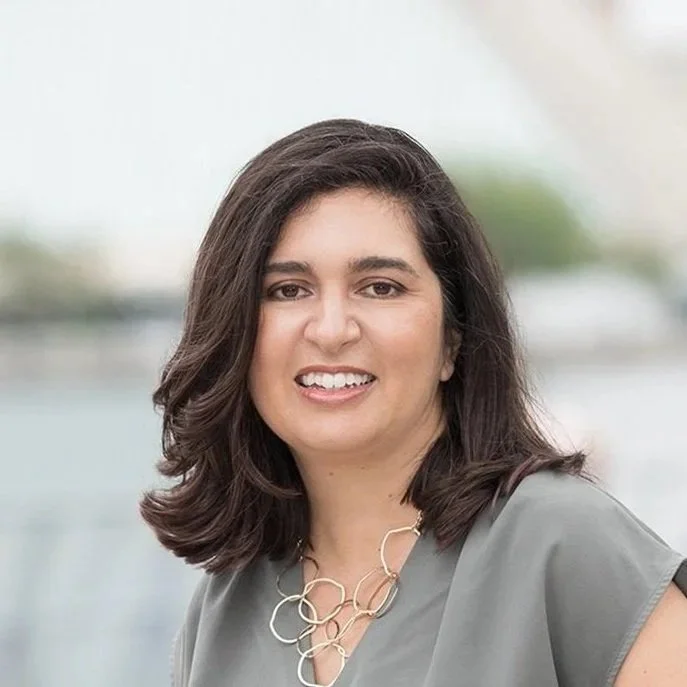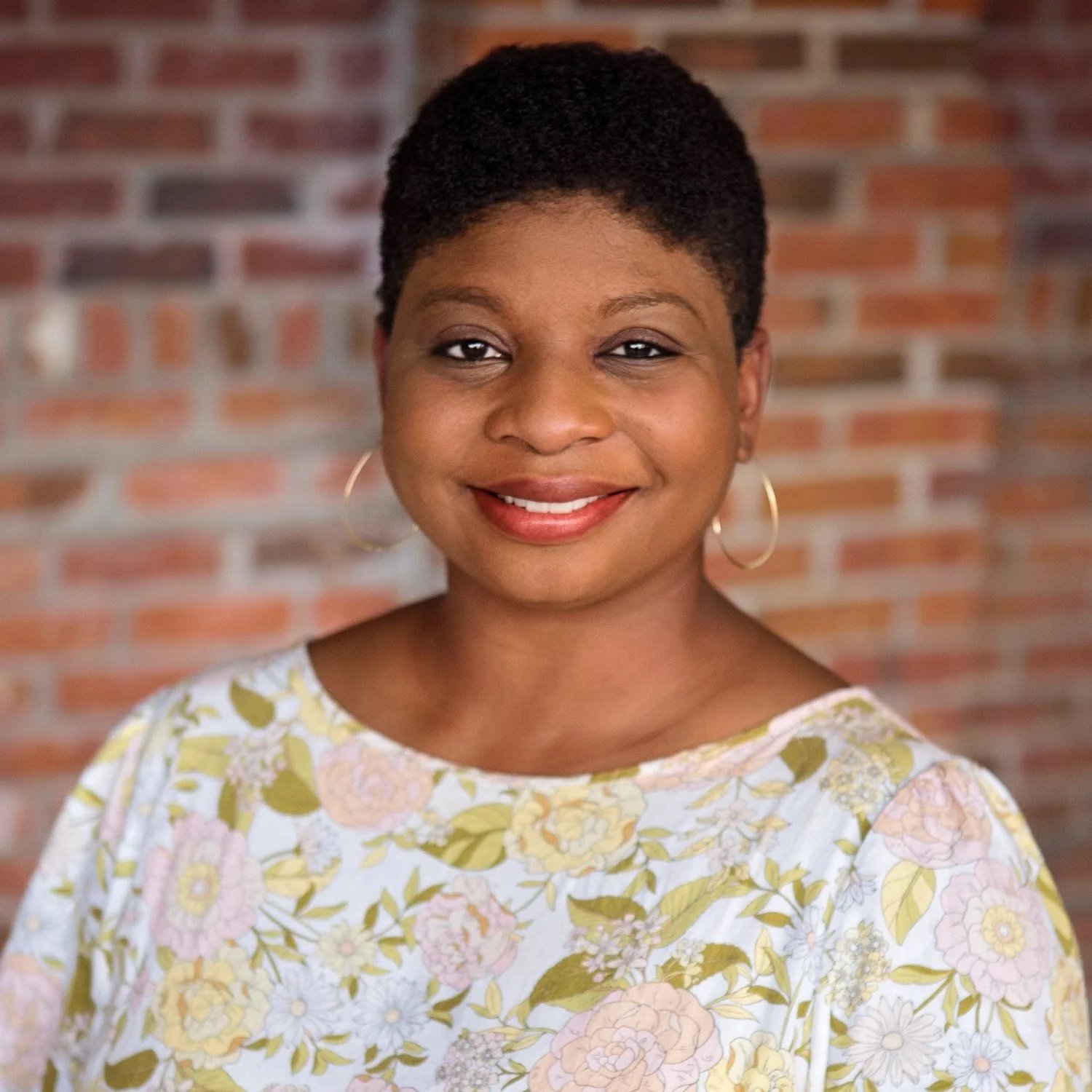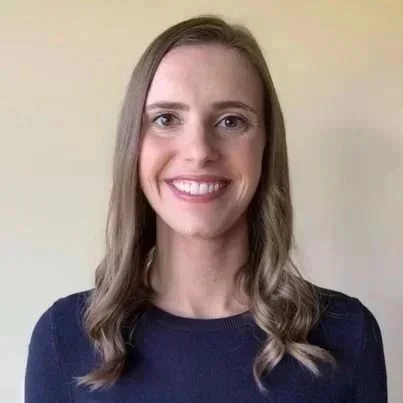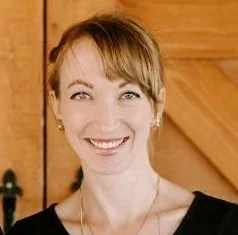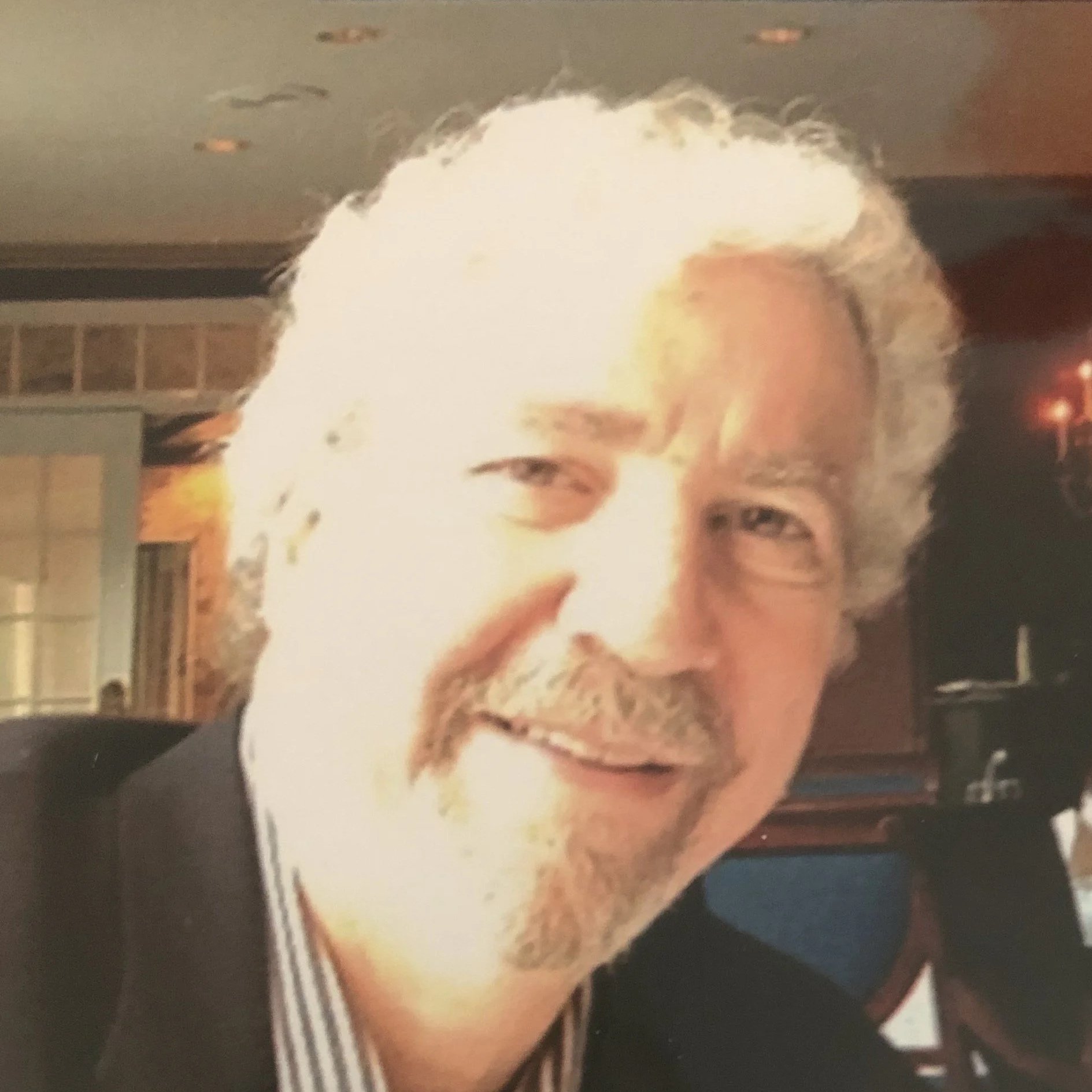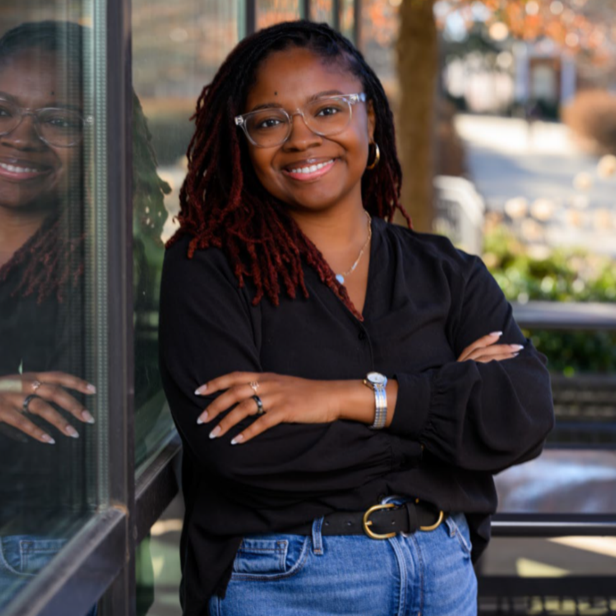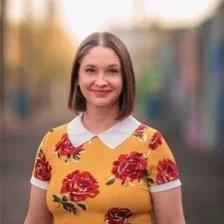Stacey M. Kesten, Ph.D. (she/her)
Co-Founder & Principal Consultant
Dr. Stacey Kesten is an equity-oriented researcher, evaluation practitioner, mentor, and advocate focused on the intersections of community wellbeing, strategic learning, and social change. She received her Ph.D. in Teaching & Learning from the University of Miami in 2016. Prior to her Ph.D. she earned a Master's of Science in Education with a specialization in Community and Social Change from the University of Miami and a Master’s of Education in Educational Psychology from the University of Regina, Canada. Over the past 15 years, Stacey has led or played a supportive role on more than 50 research and evaluation projects across Canada and the United States. She has extensive experience with a wide range of methodological tools and approaches for understanding complex social and organizational phenomena and applying evaluative thinking and practices to investigating and assessing process, outcomes, and impact. She thrives when given a challenge and is a true eval nerd, taking great pleasure in solving complex evaluation-related problems through conceptualizing innovative design solutions and taking the time to learn from and reflect on evaluative practice. In addition to consulting, Stacey has taught several university courses and regularly guest lectures on collaborative approaches to evaluation.
Susie Paterson, Ph.D.
Co-Founder
Dr. Susie Paterson is an applied researcher committed to using her knowledge and skills to help strengthen community initiatives and organizational practices. She received her Ph.D. in Community Well-Being from the University of Miami. Susie has been involved in community-based research and evaluation projects with various non-profits and social change organizations throughout Massachusetts and Miami-Dade County. Her methodological toolbox includes both quantitative and qualitative methodologies, and she uses a social network perspective in her work with community organizations and coalitions. When Susie is not working she likes to spend time enjoying the outdoors with her terrier-mix Animal.
Scot Evans, Ph.D. (he/his)
Senior Advisor & Critical Friend
Dr. Scot Evans is an Associate Professor in the Department of Educational and Psychological Studies in the School of Education and Human Development at the University of Miami. He is a community-engaged researcher working to understand and support the role of community-based organizations, networks, and coalitions in building capacity and collective power to promote community wellbeing, social change, and social justice. Dr. Evans has over 20 years of experience utilizing collaborative, participatory, developmental, and action-oriented approaches to evaluation and research in partnership with community-based organizations and coalitions. Dr. Evans received his Ph.D. in Community Research and Action at Peabody College of Vanderbilt University and hold a master’s degree in Human Development Counseling also from Vanderbilt. He joined the UM faculty in 2008. Scot is the editor of the open-access journal “Collaborations: A Journal of Community-Based Research and Practice” and co-author of the 3rd edition of the textbook “Community Psychology: In Pursuit of Liberation and Well-Being.” Dr. Evans designed and currently teaches a graduate-level course on “Organizational Learning” and has facilitated learning communities for university faculty, human service practitioners, and community activists. Scot has led numerous evaluation and action research projects on a variety of issues such as youth homelessness, community health/health equity, school reform, poverty reduction, human services collaboration/systems of care, climate justice, and inequity in the foster care system. He has many years of experience with theory-driven evaluation and action research in diverse community settings. Scot is a bass player and harmony vocalist and spent his 20’s touring in a rock band and running an independent record company.
Kim Gregson, Ph.D., lmft (she/her)
Senior Evaluator
Dr. Kim Gregson is a visionary program evaluator with expertise in rigorous statistical analysis, federal grant programs, complex collaborative initiatives, and community engagement with under-resourced populations. With many years of experience as a senior lead of large-scale evaluation partnerships, a Ph.D. in Human Development and Family Science, and a background working as a mental health therapist in nonprofits and community organizations, Kim brings a compassionate yet analytically robust approach to her work. She has led several federally-funded, multi-year, state-wide evaluations of programs serving thousands of youth, families, and low-income communities across Alabama (e.g., AHMRE, AYRE)--translating enormous, complex datasets addressing into accessible, actionable findings and expertly summarizing program implementation and impact. Due to these successful, high-profile evaluations, federal funders have asked Kim to lead numerous webinars, conference presentations, and trainings about successful collaborative evaluations, effective data dashboards, sustainability of programming, and translating complex statistical analyses into actionable program recommendations. Kim, with her husband and three boys, lights up when she’s trekking cross-country in their off-grid camper.
Erin Cooper, Ph.D., CFLE (she/her)
project coordinator & quantitative methodologist
Dr. Erin Cooper is an applied researcher and program evaluator with nearly a decade of experience in large-scale and multi-site evaluations. She holds a PhD in Human Development and Family Science from Auburn University, is a Certified Family Life Educator, and is trained as a marriage and family therapist. Erin’s mission is to leverage her compassion, relationship-building skills, and advanced research skills to promote healing and transformation in individuals, families, and communities. Erin’s hands-on experience informs her evaluation work, as she specializes in using quantitative data to generate practical insight, inform continuous quality improvement, and assess program outcomes.
Raquel Farrell-Kirk, MS, ARTC
partner engagement & qualitative methodologist
In her two decades as an art therapist, Raquel’s work has spanned from hospitals and treatment centers, to school systems and community programs. After working alongside Dr. Kesten on The Power of Art, an art therapy and public art program following the tragic school shooting in Parkland, Florida, Raquel realized that the skills that made her an effective art therapist could help her become an effective learning and evaluation specialist. Forming intentional relationships with people and organizations in order to help them uncover, understand, share and honor their stories is after all as central to the work of an evaluator as it is to the work of a therapist. In her work with CCG, Raquel specializes in process facilitation, interviewing, moderating focus group discussions, conducting qualitative analysis, and supporting collective sensemaking efforts. She is also able to bring an understanding of the creative process to the evaluation of arts-based programs and initiatives. As an immigrant who grew up in the Caribbean and later lived and worked in Miami, and as a professional who serves on the Diversity, Equity and Inclusion committee of the American Art Therapy Association, Raquel has both formal training and lived experiences that inform her cultural competencies.
Rachel Odomes, M.Ed. (she/her)
project coordinator & data analyst
Rachel Odomes is a Senior Analyst in the Office of Assessment and Strategic Planning, within Student Affairs at Auburn University, as well as an evaluation consultant with CCG. Rachel embodies engaged, equity-focused, collaborative CCG evaluation consultant. Rachel has a breadth of experience in working with multi-agency evaluations: coordinating with implementation agencies, delivering and monitoring partners’ delivery of healthy relationship programming in communities, developing and training staff on data collection and curriculum fidelity protocols, and collecting data from participants and staff. Additionally, Rachel brings unique expertise in quantitative and qualitative data collection, as well as report development. Her disarming, compassionate, and humorous manner give her unique strengths in conducting focus groups and informational interviews.
Leigh Rauk, Ph.d. (she/her)
evaluation graphic design specialist
Dr. Leigh Rauk is an equity-driven researcher and evaluator who focuses on school safety and climate, youth development, violence prevention, community well-being, and social change. She received her Ph.D. in Community Well-Being from the University of Miami in 2021. Leigh has experience building partnerships with community organizations and their stakeholders to help shape their processes, build capacity, and facilitate community action. She has extensive skills and experience in leading and conducting mixed methods studies, analyzing and interpreting data, and translating learnings into action to advance organizational or social change. She values building authentic relationships, developing long standing partnerships, and engaging in critical reflective practice in every aspect of her work. When she’s not collaborating with community partners, Leigh is most likely in the kitchen testing out a new recipe or making delicious food for her family.
Katie Beem, Ph.D.
Senior Associate
Dr. Katie Beem is a pragmatic, equity-focused problem solver with a passion for understanding complex social-ecological systems and developing robust frameworks and measures to foster organizational impact. Her experiences range from investigating environmental education programs to designing science curriculum to community-based research for food justice. She has a Ph.D. in Environmental Science and Policy from the University of Miami and expertise in mixed-method and integrative approaches to research, education, and evaluation. In addition to consulting with CCG, Dr. Beem is an Evaluation Associate at Colorado State University. She was previously a professor at Marquette University and Cornell University, where she taught science and research methods, and spent summers as an expedition leader in Peru for a non-profit. Her attention to detail and extensive background in quantitative, qualitative, and mixed methods approaches allows her to pull from a wide range of knowledge to fit the task at hand.She has specific experience collaboratively leading organizations and researchers through logic model and theory of change development in fields ranging from youth education to STEM research impacts. Dr. Beem also lends her quantitative data expertise to performing data audits for non profit organizations, informing larger data strategy development. She ultimately uses these experiences and skills to help organizations and programs develop measurement, evaluation and learning plans in diverse contexts, from short term impact projects to organization wide multi-year strategic plans.
Cyril Kesten, Ph.D. (He/him)
Consultant
Dr. Kesten is a Professor Emeritus of Business Education at the University of Regina. He has been a professor in the Faculty of Education at the University of Regina since 1978. Dr. Kesten taught a wide variety of undergraduate and graduate courses. including courses focused on Research and Program Evaluation. Dr. Kesten consults widely in the areas of Program Development and Program Evaluation. He has consulted on the development and process of Program Evaluation projects as well as conducting program evaluations for a wide variety of government, non-profit and for-profit organizations, as well as school boards. Through his formal and informal education Dr. Kesten has acquired numerous skills related to various aspects of research and in particular Program Evaluation. These include research and evaluation design, interviewing, leading focus groups, quantitative and qualitative data collection and analysis, etc. As the leader of the Business Teacher Education program at the University of Regina and an active executive member on a variety of Business Education professional organizations, Dr. Kesten’s focus has been on the issues surrounding Financial Literacy at the K-12 school level. Dr. Kesten has volunteered and worked with many non-profit, charitable and other types of organizations. He has been a member of the Saskatchewan Registered Nurse Association’s Discipline Committee, the CPA SK Practice Assessment Committee and currently sits on the CPABC Investigation Committee and the Law Society of British Columbia Tribunal Board as a Hearing Panel Pool Member.
je’kylynn steen, ms, ches (She/Her)
community engagement specialist & project coordinator
Je’Kylynn is an applied researcher and evaluator with extensive experience in supporting large-scale, federally funded public health and social support programs. With a strong foundation in mixed-methods research, program implementation, and capacity-building, Je’Kylynn has worked across sectors to design and evaluate programs that are both methodologically rigorous and grounded in community voice. She brings a deep commitment to using data and storytelling to amplify the experiences of underrepresented populations and informing culturally responsive programs and policies. Je’Kylynn has delivered presentations at national and regional conferences and contributed to peer-reviewed journals, sharing insights on participatory evaluation, community-based research, and the role of data in advocacy. Driven by a belief in the power of community-led change, Je’Kylynn combines technical expertise with a relational approach that values collaboration and inclusive knowledge-sharing. In her spare time, Je’Kylynn enjoys Barre workouts, reading, and spending time with loved ones.
Mara de Luca Funke, MPH (She/Her)
bilingual research associate
Mara is a public health consultant who works primarily in evaluative research. She has been working in public health for two decades, and has served as an independent consultant for the last ten years. In addition to her own business Intersectional Inquiry, LLC. Ms. Funke also holds the positions of Senior Research Specialist at Arizona State University’s Southwest Interdisciplinary Research Center, and Adjunct Professor of Public Health in the Occupational Therapy Department at A.T. Still University. Ms. Funke has extensive experience conducting qualitative research and developing community-centered quantitative data collection methods. Ms. Funke is also a seasoned grant writer, earning organizational and government grants up to $26 million dollars. She holds a Master of Public Health degree from the University of Pittsburgh and a Bachelor of Sociology and Spanish from Michigan State University. Mara’s background includes both academic research as well as the evaluation of ‘real-life’ service delivery programs in a range of health and social service fields, including the Arts. Prior to the COVID-19 Pandemic, Mara was the primary evaluator for several community arts programs at the Mesa Arts Center, including Project Lit, Arts In Service, the Mesa Prototyping Project, the Collective, and Water is Life. Mara lives in Tempe with her eight-year-old son Avi and two rescue cats. Mara serves on the Board of Directors for several agencies, including Chair of Phoenix Revitalization Corporation and Treasurer for the Southwest Center for HIV/AIDS. Ms. Funke is also an active volunteer in the Jewish community, at her own synagogue, and as a new addition to the Board at the Women’s Leadership Institute. She is a second generation American and speaks Italian. Mara represents the fabric of many communities, including single parents, the neurodiverse, and LGBTQ.




